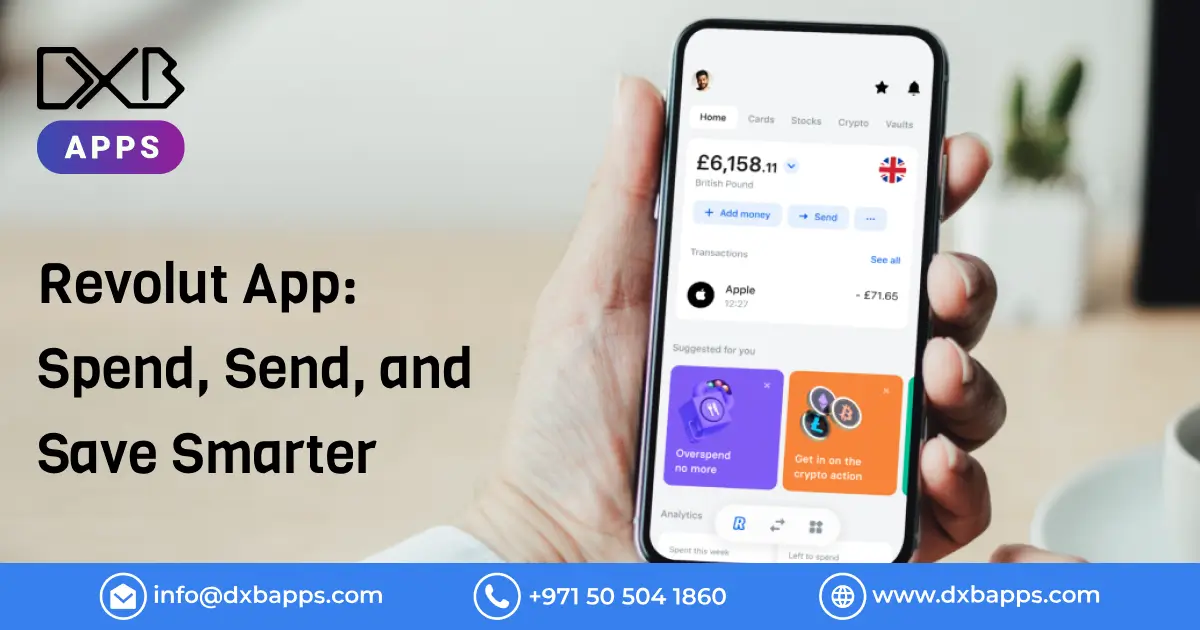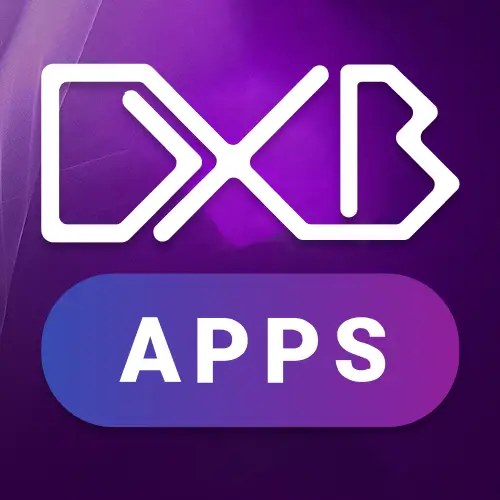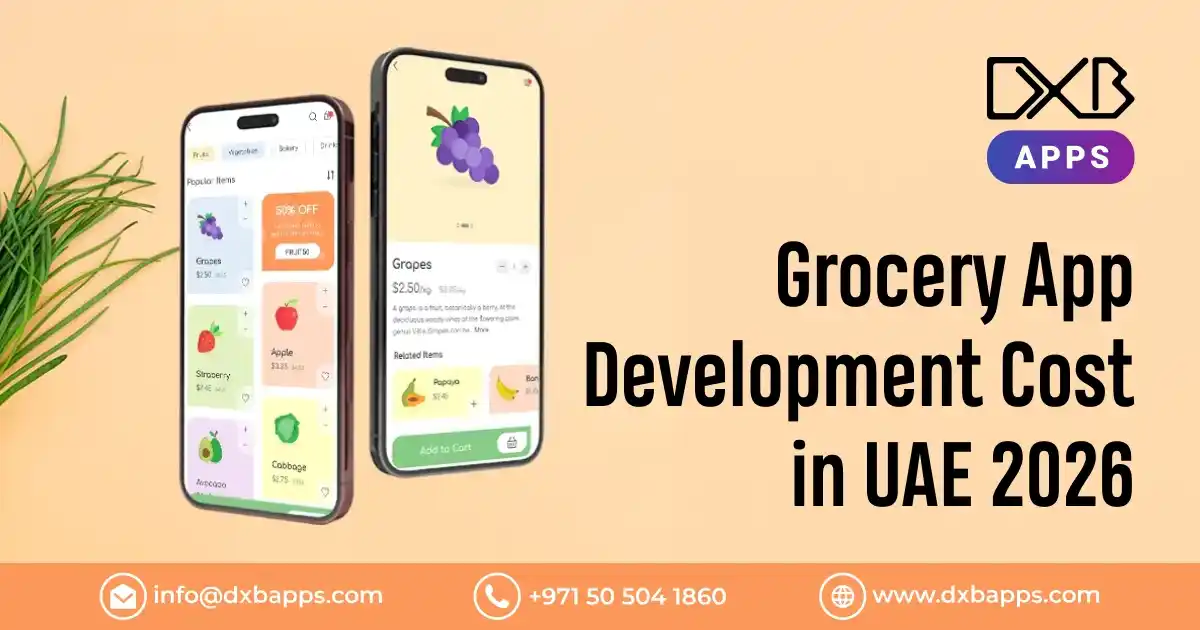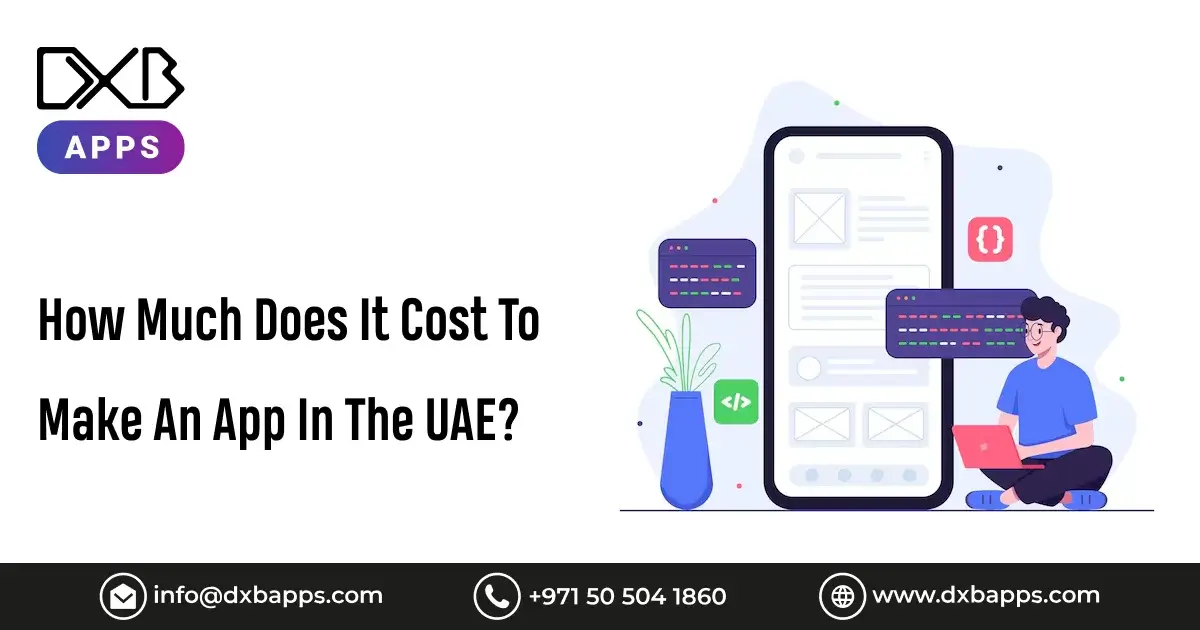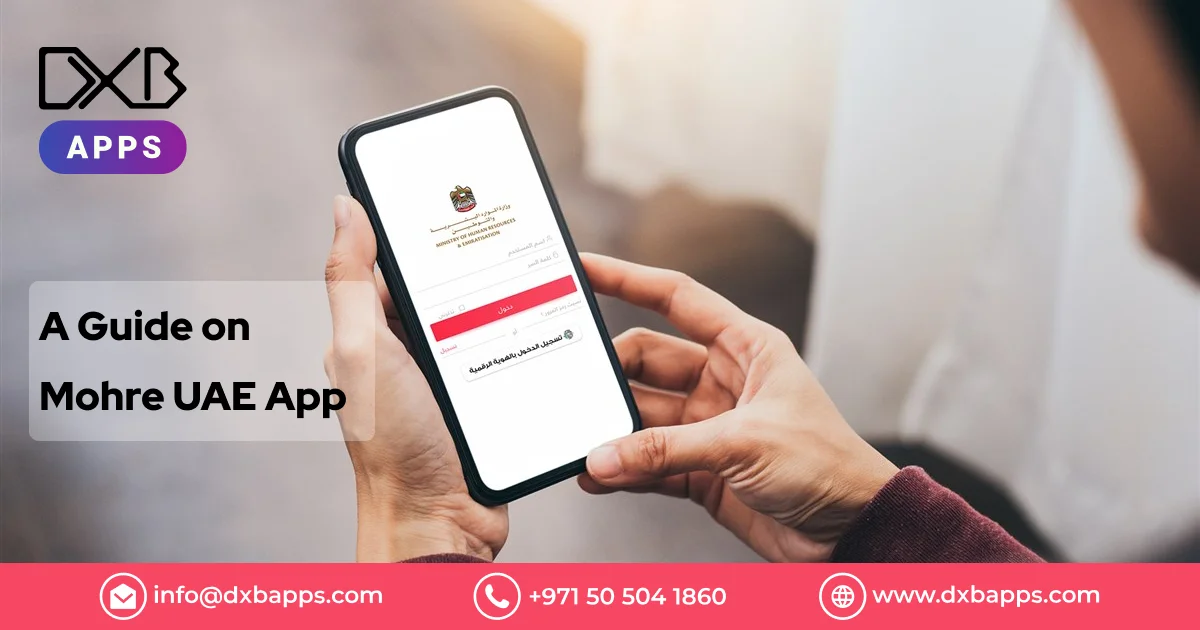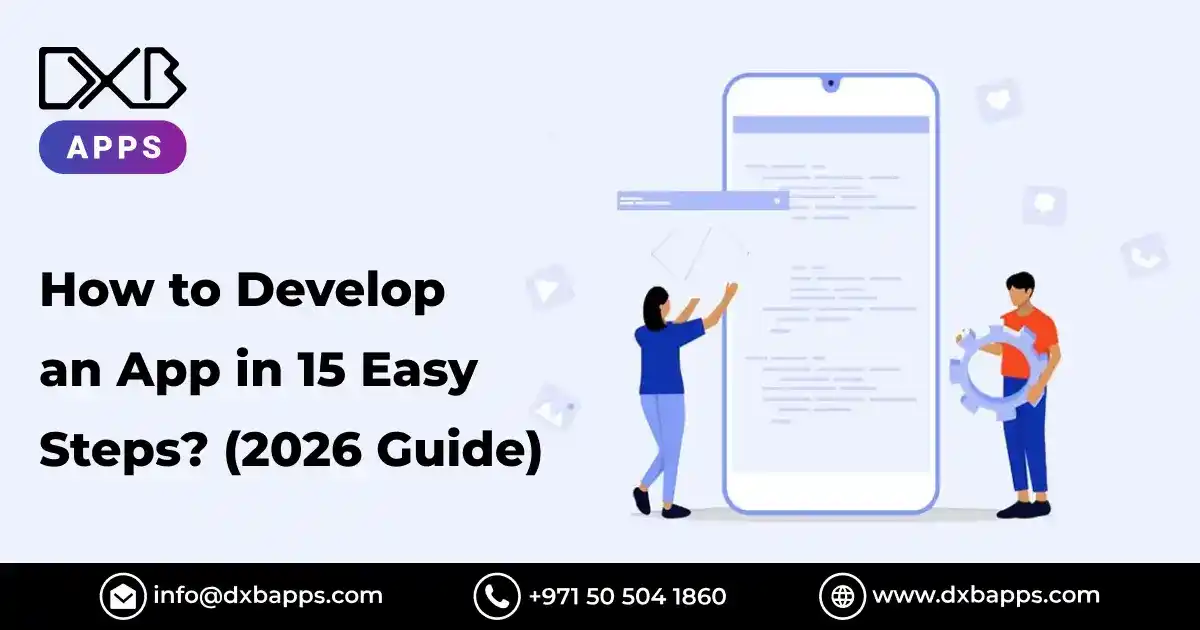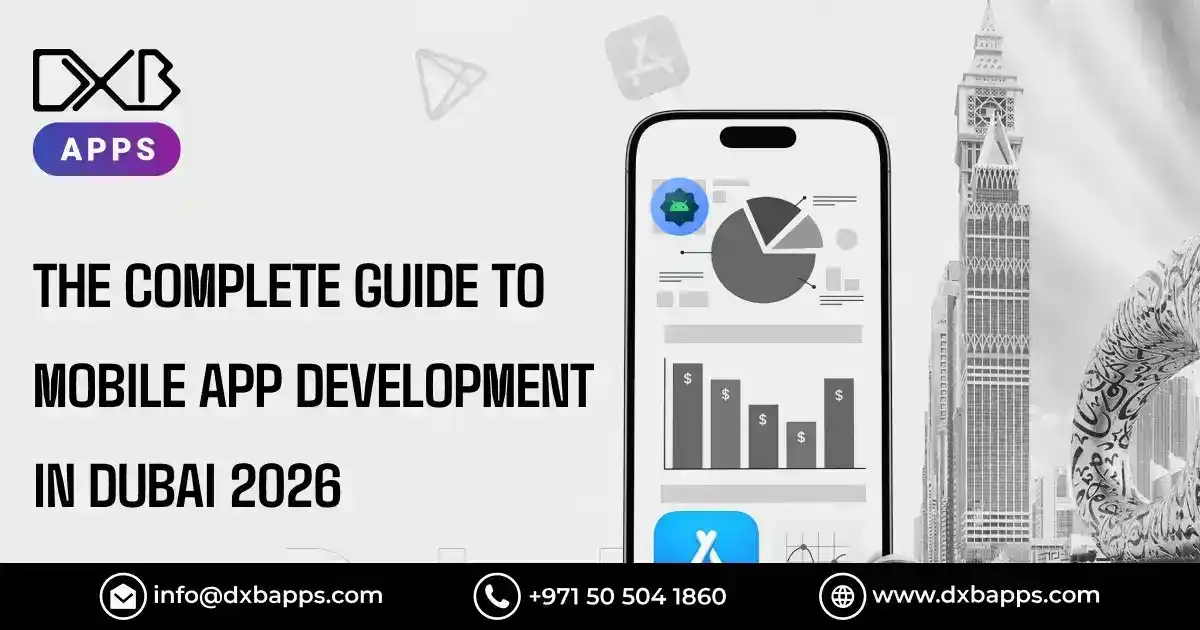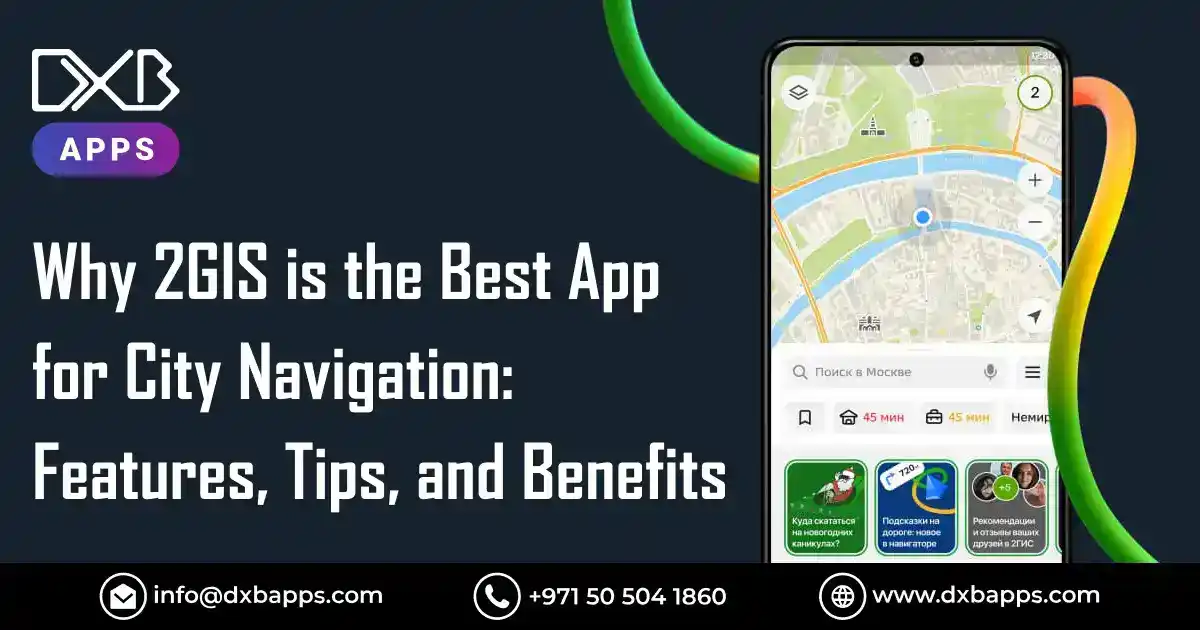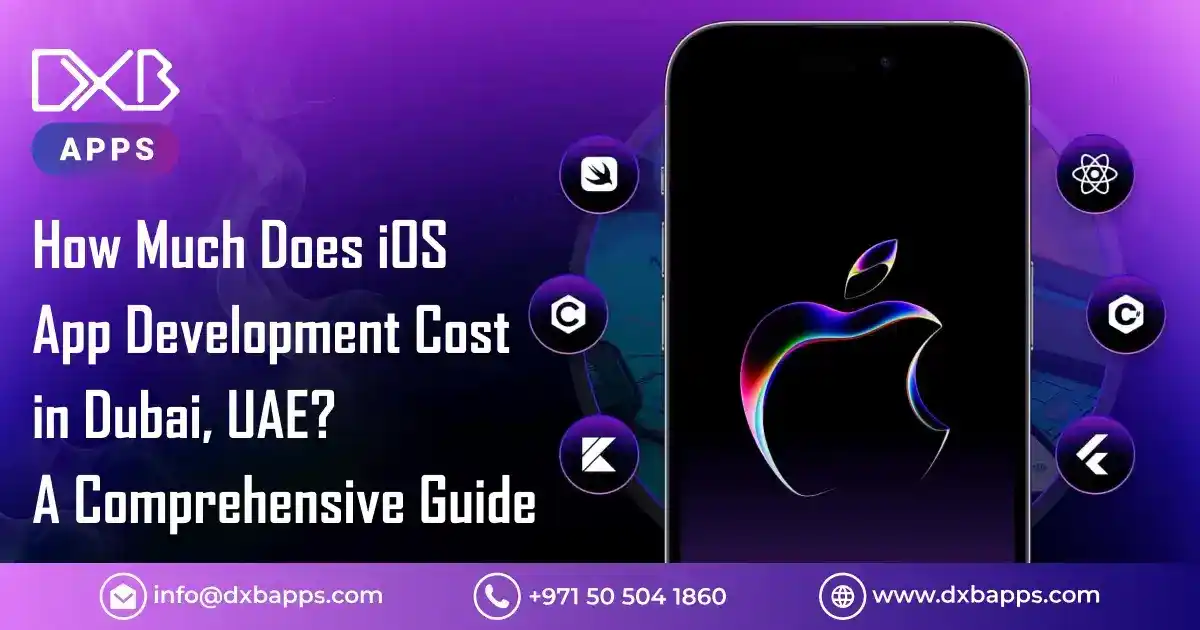The financial world is changing fast because digital banks are transforming how people and companies handle cash. While old-school banks struggle, new tech-driven services compete by focusing on ease of use, openness, or availability. In this wave of change, Revolut emerges as a leader reshaping today's idea of banking.
In today's quick digital world, people want flexible money services that fit busy lives. Yet Revolut responded well by building a system combining currency conversion, spending plans, investing options, alongside crypto trades, all within one simple app.
The FinTech sector is expected to reach $699.50 billion by 2030
"The future of banking isn't about branches, it's about experiences that fit in your pocket and adapt to your life."
What is the Revolut App?
Revolut is an innovative finance app changing how individuals manage funds. Since its start in 2015, the UK-based firm aimed to reduce hassle and high costs tied to cross-border transactions. Originally offering foreign exchange services, it gradually expanded, now providing diverse tools used by more than 40 million customers worldwide.
The Revolut App works like a digital bank, available via a simple smartphone interface. With it, users set up accounts quickly, skipping lengthy procedures. It supports several currencies at once, so people store, swap, or track money across borders easily.
With one account, people handle more than 30 currencies, ideal for those who travel or run global operations. Instead of adding extra charges, the system uses live wholesale rates, so savings are clear compared to regular banks. Transfers across borders cost little because pricing relies on genuine market values.
Revolut UAE, also known as Revolut Dubai, has seen strong growth across the Middle East. Thanks to its presence there, freelancers and business owners handling cross-border payments find it especially useful, since access simplifies money transfers abroad while cutting fees often linked to traditional banks. There are many benefits of Revolut when comparing traditional banking costs to its transparent, low-fee structure available for users in the region.
What Makes the Revolut App So Popular?
The rapid growth of the Revolut App stems from multiple strong reasons, key ones for those exploring fintech app development. While some focus on ease, others highlight speed or low fees instead.
Revolut makes money tasks easier by cutting out bank-related confusion. Its straightforward design helps people handle various currencies, monitor expenses, plan budgets, or invest, using just one app.
Revolut offers a key advantage through its ability to hold multiple currencies, allowing users to make global payments while avoiding high conversion charges common with regular banks. Thanks to this option, people who travel often or work across borders can save significantly each year.
Revolut converts currencies without extra charges, relying on live market rates instead. Unlike conventional banks, which add large margins to gain secret profits per transfer, its approach is clearer. These financial firms often hide fees through inflated spreads. Transparency here replaces the opaque methods common in older banking models.
Security matters most. Yet Revolut focuses heavily on safeguarding accounts via instant card freeze options. Also, it uses location tracking to boost protection levels. Instead of passwords, it relies on face scans or fingerprints for access. Plus, users get alerts instantly when any activity occurs.
Digital banking customers are expected to rise from 197 million in 2021 to 217 million by 2025
With the addition of crypto tools, Revolut's update now leads the way in modern financial technology. Through its Revolut stock and crypto options, people can smoothly trade or hold digital coins alongside regular money.
How Does the Revolut App Work?
Grasping how Revolut app download for iPhone works offers useful clues for building FinTech Trends apps.
- It starts simply, users install the app then enter basic details.
- Since rules demand it, identity checks are done using official documents along with selfie photos matching faces. Instead of skipping steps, they verify thoroughly through tech-enabled methods.
- Once activated, users create multi-currency accounts right away. This core function supports storing, swapping, or sending money in various currencies through one account.
- Instead of standard rates, the Revolut app download for android uses interbank pricing for exchanges, typically no extra charges apply. Funds convert on the spot, becoming accessible straightaway.
- Users get digital plus physical debit cards tied to their Revolut account. These allow payments in home or overseas currencies at low cost.
- The platform uses several security steps, like real-time notifications, dual verification, also immediate lock features.
Must-Have Features For an App Like Revolut
Creating a FinTech app like Revolut means combining smart tech, legal rules, along with smooth usability. It needs strong money functions, yet also top security, simple menus, plus effortless currency switching. Here's a clear look at key features for users and admins that help such apps like Revolut lead in online banking.
User-Side Features
1. Multi-Currency Management
A key trait of apps similar to Revolut is holding various currencies in one place, then switching or sending them easily. With this, people can go abroad, buy from overseas sites, or pay others worldwide while skipping typical exchange troubles.
2. Real-Time Currency Exchange
The application must display current currency values, so people receive fair market prices. Fast swapping based on wholesale or close-to-wholesale levels plays a key role in drawing international customers.
3. Physical & Virtual Debit Cards
Physical or virtual cards tied to multi-currency wallets allow:
- Safe online shopping
- Quick replacements
- Card freezing/unfreezing
- Easy global payments
4. Low-Cost International Transfers
Low-cost international payments matter, clear costs, quick delivery, wide reach please customers. Speed joins transparency; broad access strengthens trust across borders.
5. Smart Financial Management Tools
Analytics-based spend tracking, along with budget aids, helps people choose wisely about money. Custom category options give clearer views of habits over time. Monthly updates connect directly to personal goals. Tools work together without clutter or confusion.
6. Cryptocurrency Support
Revolut-like platforms provide entry to:
- Browsing or trading digital currency
- Real-time price charts
- Secure storage
- Portfolio tracking
Appeals to current customers wanting options outside standard finance.
7. Savings & Vault Features
Private savings containers, automatic top-ups, alongside targets for saving, support users in growing consistent money habits.
8. Premium Membership Plans
Membership levels offering perks such as:
- Cashback offers
- Better exchange rates
- Travel insurance
- Top-tier service boosts sales while improving lasting loyalty through stronger engagement.
9. Advanced Security
Must-have protections include:
- Two-factor authentication (2FA)
- Biometric login
- Card controls
- Instant fraud warnings boost trust in the system, since they react quickly. Alerts run live, so users feel more secure while engaging online; that builds reliability over time.
10. Loyalty & Rewards Programs
Reward points with cashback boost activity, while partner deals maintain user interest.
Digital Investment will reach $51.04 billion AUM in 2023
11. Personalized Notifications
Instant notifications on transactions, payments, balance updates, bonuses, or currency shifts improve how users feel using the service.
Admin-Side Features
1. User Management System
Admins must have tools to:
- Verify new accounts
- Allow or deny questionable accounts
- Control how users can access systems
- Track KYC completion
2. Regulatory Compliance Tools
This includes:
- Automated KYC (Know Your Customer) checks
- AML (Anti-Money Laundering) detection rules
- Risk scoring models
- Regulatory reporting dashboards
3. Transaction Monitoring
Live monitoring allows quick spotting of scams or suspicious transactions, while also catching unapproved card activity alongside signs of illegal fund flows.
4. Customer Support Management
Built-in support features such as:
- Internal ticket systems
- Chat support modules
- Case monitoring boosts workflow performance through better organization.
5. Analytics & Reporting Dashboards
Managers need a deeper understanding of:
- Transaction volumes
- Revenue
- User behavior
- Card usage
- Top-performing features
Such insights support smarter choices in commerce.
6. Platform Configuration Controls
Admins can set:
- Transfer limits
- Card spending limits
- Fee structures
- Currency exchange markups
- Premium plan settings
This enables adaptable platform control without altering code.
How To Develop A Fintech App Like Revolut?
Building a FinTech app like Revolut needs clear planning, mixing tech skills with rules understanding.
Selecting a FinTech Niche: Picking the right area in financial tech comes first. You could go for digital payments like PayBy, for instance, or explore neobanks instead. Robo-advisors are another path; some prefer blockchain or crypto. Insurtech offers different opportunities, whereas lending platforms serve distinct needs. Personal finance tools are also a valid choice.
Choose How to Earn Money: Picking a revenue approach at the start matters. You could go with set fees per user, like subscriptions, or charge per action, such as transactions. Another path is ads inside your app or earning from referral links. Partnering with companies works too. So does offering tools for other businesses through APIs.
Know the rules: Rules are key when building a fintech app development project. Look deeply into what laws apply. Each area has its own standards, like BSA, PATRIOT Act, GDPR, or PSD2. Study them carefully before moving forward.
Set clear MVP requirements: Prioritize key functions that address primary needs. Core elements involve the sign-up process, handling accounts in various currencies, sending funds, managing budgets plus monitoring spending, safety measures, personal preferences setup, along activity reports.
Work alongside a provider: Without your own tech team, joining forces with a trustworthy Fintech builder matters. Units usually consist of interface coders, server-side programmers, data reviewers, visual creators, coordinators, also testing experts.
Development Process: The team collects needs via market analysis. Designs focus on ease of use. Features are built step by step using an MVP model. Testing helps spot problems early, so fixes happen fast.
Start then refine: building software takes cycles, meaning adjustments follow real-world use. Feedback shapes progress, adapt as needed.
Cost to Develop An App Like Revolut
The price of fintech app development, similar to Revolut, usually falls between $40,000 and $300,000; this varies based on several elements.
Simple apps range from $40,000 to $60,000. They take around two or three months to build. Such systems support login functions. User profiles are handled through fundamental tools. Transactions stay straightforward. Security follows common practices.
Mid-level apps range from $60,000 up to $90,000. Their development takes about three to six months. They include extra functions such as support for multiple currencies. Enhanced budget tracking is also part of them. Some offer simple crypto capabilities. Analytics are more advanced compared to standard versions.
Advanced Apps range from $90,000 up to $300,000, taking over nine months to build. They offer complete functions such as end-to-end crypto trading, smart analytics powered by AI, top-tier protection protocols, along wide external tool connections.
Key elements affecting price: Extra functions mean higher prices. Choosing platforms influences spending; building for iPhone, along with Android, adds cost. Complex designs boost expenses noticeably. Safety rules play a big role because finance apps manage private money details.
Fintech Platforms Use Cases
The fintech platform provides diverse tools suited to various money-related demands, while addressing user requirements across multiple areas.
- Digital payments such as PayBy, PayPal, or Square support online shopping along with money sharing between individuals. Neobanks, Chime, N26, and Revolut, function only through apps instead of branches. Services, including Wealthfront together with Betterment, use automated systems to handle investments.
- Platforms built on blockchain technology, like Coinbase or Binance, provide crypto trading, besides storage tools.
- Firms in insurance tech, for example, Lemonade, increase efficiency by applying modern digital methods.
- Lending platforms such as LendingClub or SoFi offer loans between individuals. Tools for managing personal finances, Mint for instance, also YNAB, help track spending alongside planning budgets.
How To Monetize An App Like Revolut?
Various methods can generate income from apps like Revolut.
Subscription Model: Fees stay the same each month under subscription setups, and customers keep paying to use features. Revolut uses this method through levels that split individual from business accounts, with Revolut Business Banking offering premium tiers for companies.
Operation Fees: Charges based on usage, triggered when customers access certain features. Revolut applies these once the plan allowances are surpassed.
Referral Programs: In-app ads or referrals bring income via collaborations. When users sign up using partner links, they get a gift from Revolut instead.
Partnership Revenue: Revolut works alongside banks and finance firms through joint initiatives. Instead of only digital tools, it now offers perks like access to lounges at airports. In place of standard rewards, customers get deals on internet purchases. These additions come from cooperation with established companies.
Business API Access: Revolut business banking offers business-focused tools that help firms manage transactions, using its API platform. These include payment processing features that connect external platforms smoothly. Payroll handling comes as a built-in option within their service bundle. Invoicing capabilities are available alongside daily financial tracking functions. Spending oversight is supported through dedicated controls in the corporate accounts setup.
Top 5 Fintech Platforms Like Revolut
1. Starling Bank
Starling began in 2014, founded by Anne Boden in London. The bank provides a no-cost personal current account featuring alerts for transactions along with basic budgeting support. Customers may set up savings targets labeled as "goals." Its mobile app holds a rating of 4.5.
2. Monzo
Monzo began in 2015, founded by Tom Blomfield alongside colleagues in London; it offers a no-cost mobile banking platform. Through the app, people can create separate savings sections while automatically collecting small leftover amounts from purchases. This feature helps build savings gradually. A complimentary contactless Mastercard is provided for everyday spending purposes. Customer reviews show consistent satisfaction, reflected in an average rating of 4.5 stars.
3. Monese
Monese started in 2015, founded by Norris Koppel in London. It offers a no-cost e-money account designed for online payments. Proof of address isn't required; only ID is needed. Accounts can hold multiple currencies at once. The app holds a rating of 4.2.
4. Chase
Chase began in 1955, started by John Thompson in New York City; however, it lacks international payment options. In contrast, Revolut in the UAE handles cross-border transfers more efficiently due to broader functionality. Additionally, users can trade shares or crypto via Revolut's advanced platforms, which are intuitive yet powerful tools. Regarding app feedback, ratings sit at 4.4 across major download stores.
5. Curve
Curve started in 2015, founded by Shachar Bialick in London. It works like a central point for managing different payment methods. People add their cards to the app, then pay using the Curve card instead. On mobile stores, it holds a rating of 3.4.
Tech Stack to Consider for Developing An App Like Revolut
Building a finance app needs full-featured resources along with modern systems.
Development Tools: Android Studio handles Android apps while Xcode supports iOS. For shared platforms, React Native works alongside Flutter. On the server side, Node.js pairs with Django or Flask instead of Ruby on Rails. When storing data, MongoDB fits non-relational needs, whereas PostgreSQL joins MySQL for relational setups.
Security plus testing: OpenSSL, together with Bcrypt, handles data protection. Veracode, alongside Checkmarx, detects weaknesses early. JUnit, combined with XCTest, supports test execution. Appium, along with Selenium, streamlines automated checks.
Integration plus Management: Stripe, alongside PayPal together with Braintree allow payment setup. Jira, along with Trello also Asana, helps run projects. Git, combined with Mercurial, supports tracking changes. Jenkins is paired with Travis CI to handle release automation.
Support tools include Zendesk plus Freshdesk for handling client requests. Performance tracking comes through Google Analytics, combined with New Relic or AppDynamics. For screen layouts, try Sketch alongside Adobe XD or Figma. Cloud setups rely on AWS, linked with Google Cloud or Microsoft Azure.
DXB APPS – Leading Mobile App Development Company
In today's fast-paced world, DXB APPS focuses on practical fintech solutions. Being a top mobile app development company, we develop modern mobile apps, helping firms grow online. The team uses app development expertise, market insights, and planning, so apps perform better than expected.
Experts here combine knowledge with real-world needs to deliver reliable results. As experienced mobile app developers, the team transforms intricate requirements into smart, simple-to-use platforms ready for tomorrow's challenges in the competitive fintech landscape.
Conclusion
Creating an app like Revolut opens real chances to innovate in the fast-growing fintech trends space. As trends show a rising need, digital bank customers are expected to hit 217 million by 2025, while industry value climbs toward $699.50 billion by 2030, the moment suits well for stepping into this field.
The path from idea to release needs a clear strategy, skilled work, also constant improvements. Knowing rules, choosing a solid revenue approach, besides applying strong protection are essential. Working with capable developers also plays a key role.
FAQs
What does the Revolut app do?
Revolut provides banking services online, featuring accounts in various currencies. It allows exchanges between nations using fair market prices instead of fixed fees.
What's the price to build a financial app similar to Revolut?
The price to build a Revolut-type app varies between $40,000 and $300,000, shaped by feature depth, tech choices, target devices, along where the developers are based. Simpler versions run around $40,000–$60,000; yet full-scale systems may go beyond $300,000.
Is Revolut available in the UAE?
Indeed, individuals and companies living in the UAE can access Revolut's offerings.

